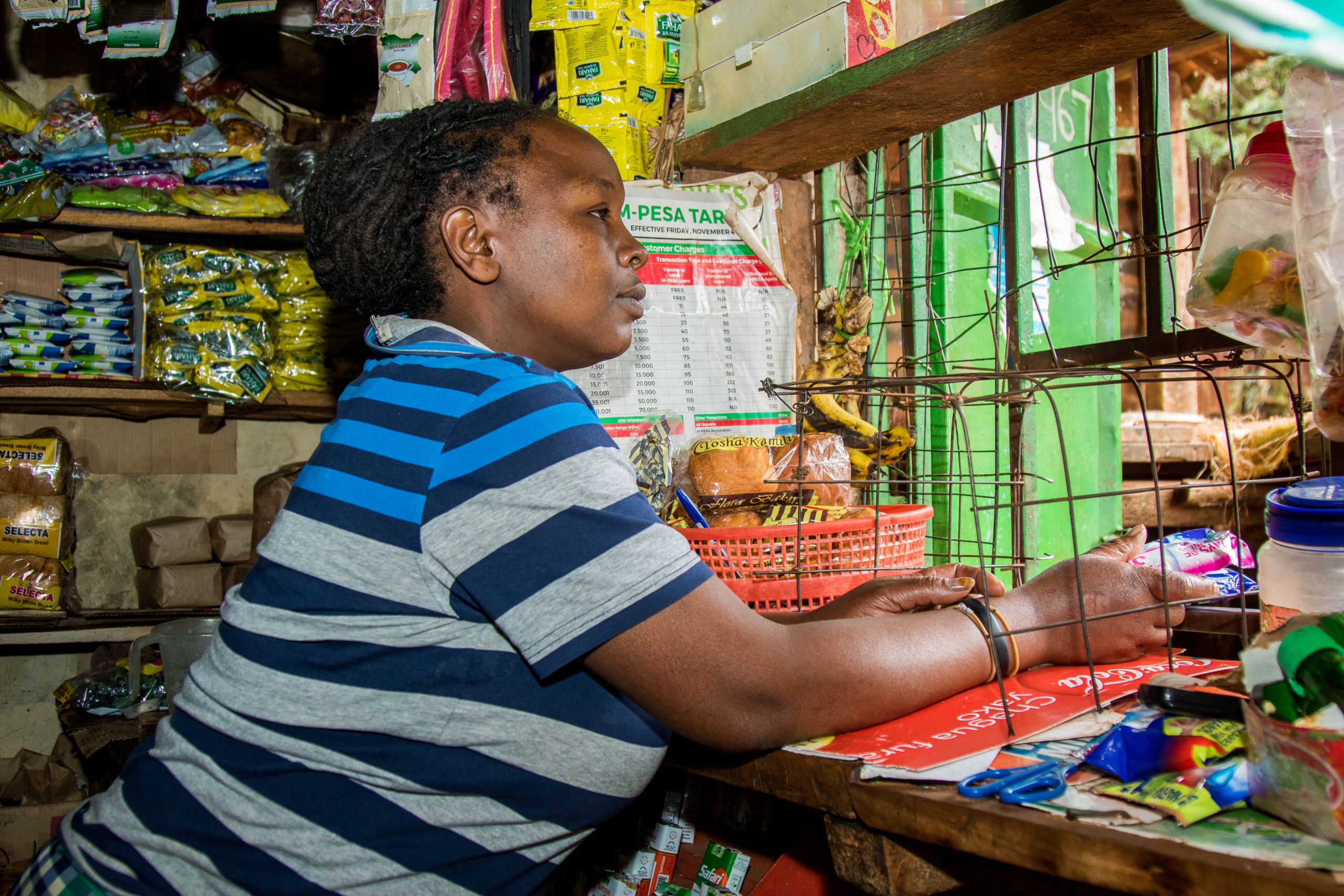
With data-driven insights, 60 Decibels is helping Unilever advance its livelihood-development programs with SMEs
by David Russell, Sustainable Business Reporting Consultant at Unilever, and Niranjan Suresh, Manager at 60 Decibels
In 2021, Unilever made a commitment to help 5 million small and medium-sized enterprises (SMEs) in their retail value chain grow their business through access to skills, finance and technology. All by 2025. This commitment is part of the company’s broader efforts to raise living standards of workers in its value chain.
“Our SME livelihood improvement strategy includes access to training, digital tools and finance and it’s based on collaborations with partners in Fintech and technology. We enable SMEs to improve their business success, easily access and order Unilever products, and sell more, thus raising their income and living standards,” elaborates Vera Markl-Moser, Global Head of CD Sustainability.
Unilever’s Impact backed by Evidence
“We need evidence about whether our commitment to SMEs is having an impact on people’s livelihoods” – that’s how Anouk Heilen, Global Head of Sustainability, Social Equity and Inclusion for Unilever, describes the ‘why’ behind partnering with 60 Decibels. “And the only way to understand impact on people is by directly engaging with them”. Between July and November 2021, 60dB listened to 2,400+ retailers that Unilever serves in Philippines, Kenya, and Turkey.
Heilen explains that “by providing training and digital tools, we enable them [SMEs] to improve their business success, easily access and order Unilever products, and sell more, thus raising their income and living standards.” Unilever’s commitment to ensuring their SME partners thrive is foundational to their success and aligns with the company’s integrated sustainable growth model. Unilever also uses the data internally, helping demonstrate the value of social-impact programs to senior leadership and bring an understanding of the needs of individual retailers, which could differ for men and women.
Jaza Duka using Lean Data
Jaza Duka, a partnership between Unilever, Mastercard and KCB Bank in Kenya, provides financial services (particularly microcredit) to SMEs in underserved communities and has already used the data to great effect. From the survey it was determined that 98% of the participating retailers accessed interest-free credit for the first time, and 99% could not easily find a good credit alternative.
98%
99%
The findings of the survey helped Jaza Duka improve their communication with clients and upgrade their technological capabilities. As a result, the program saw a massive 140% increase in transactions from January to September of 2022. Jaza Duka and similar SME partnerships are prime examples of Unilever’s social-impact programs, which reach remote communities in a sustainable way.

The data collected through the Lean Data surveys help shape the strategy to drive social impact in Unilever’s value chain and course correct when needed. It also allows Unilever to collect and analyze data on the impact of its programs on various stakeholders, including employees and business owners, enabling Unilever to allocate resources in the right direction.
“Supply chain sustainability will remain a key issue over the next decade, and partnering with 60 Decibels to prove, and improve, impact helps Unilever lead in building a better world” comments Tom Adams, co-founder and Chief Strategy Officer at 60 Decibels.
This is just a glimpse into Unilever’s programs and how listening is helping them grow their impact. To learn more about Unilever’s impact on SMEs in its retail value chain, visit this website.
And if you’re keen to quantify your impact, shoot 60 Decibels a message below.